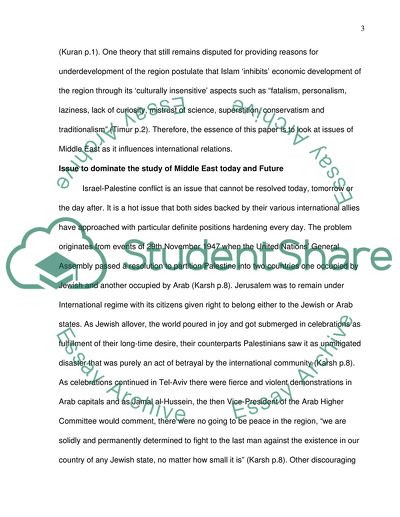Cite this document
(Middle East In The Global Politics Essay Example | Topics and Well Written Essays - 1750 words, n.d.)
Middle East In The Global Politics Essay Example | Topics and Well Written Essays - 1750 words. https://studentshare.org/politics/1574131-middle-east-and-international-relation
Middle East In The Global Politics Essay Example | Topics and Well Written Essays - 1750 words. https://studentshare.org/politics/1574131-middle-east-and-international-relation
(Middle East In The Global Politics Essay Example | Topics and Well Written Essays - 1750 Words)
Middle East In The Global Politics Essay Example | Topics and Well Written Essays - 1750 Words. https://studentshare.org/politics/1574131-middle-east-and-international-relation.
Middle East In The Global Politics Essay Example | Topics and Well Written Essays - 1750 Words. https://studentshare.org/politics/1574131-middle-east-and-international-relation.
“Middle East In The Global Politics Essay Example | Topics and Well Written Essays - 1750 Words”. https://studentshare.org/politics/1574131-middle-east-and-international-relation.


